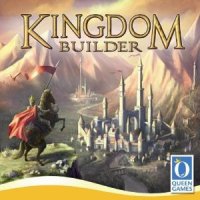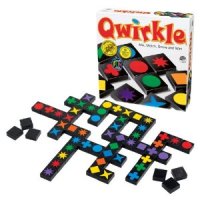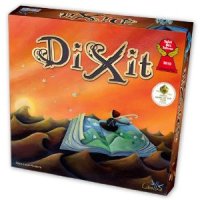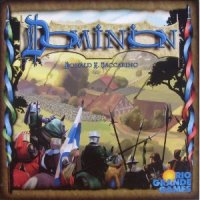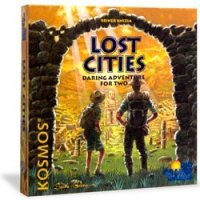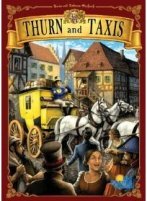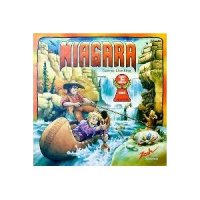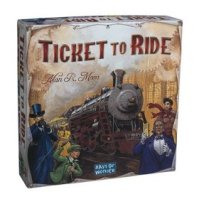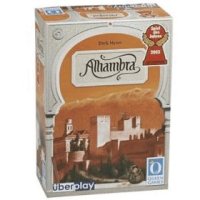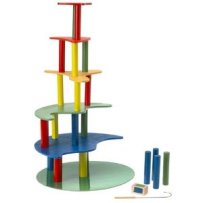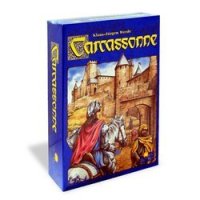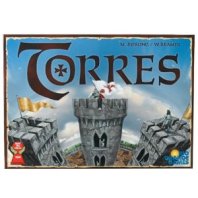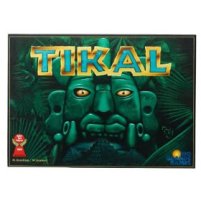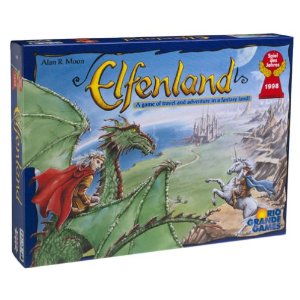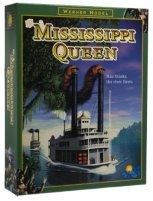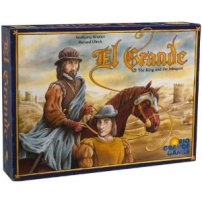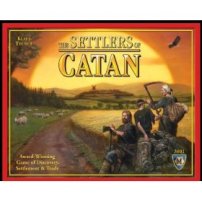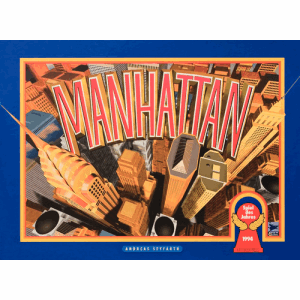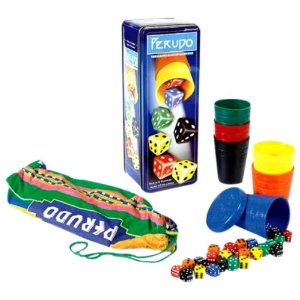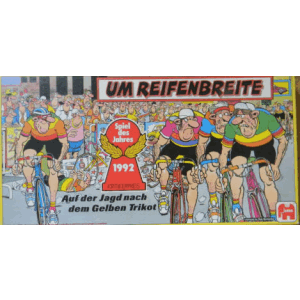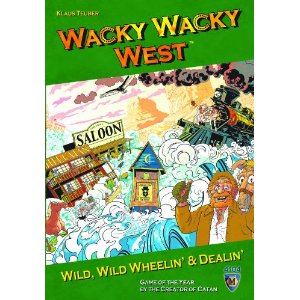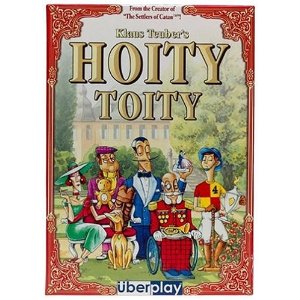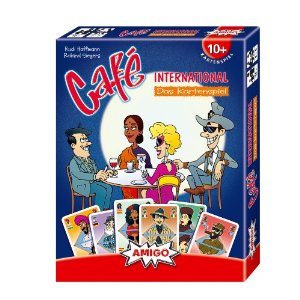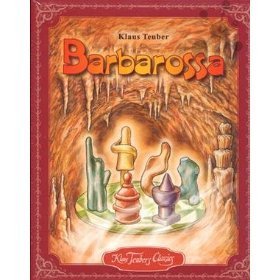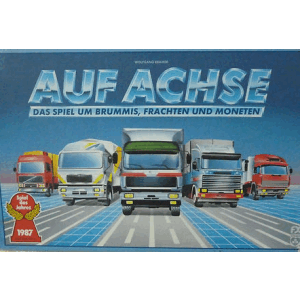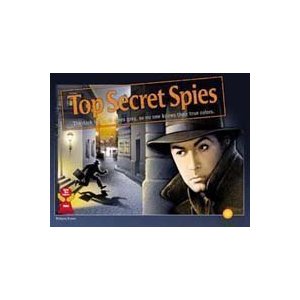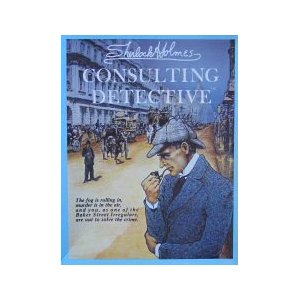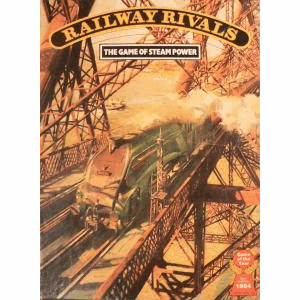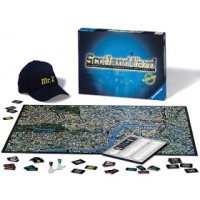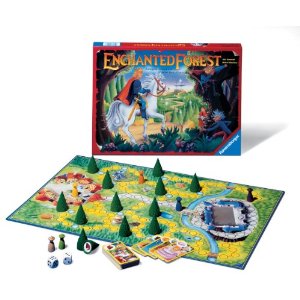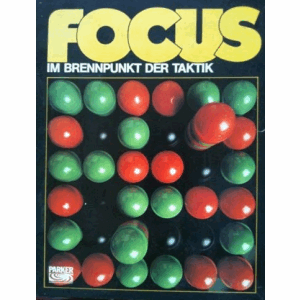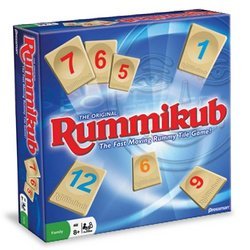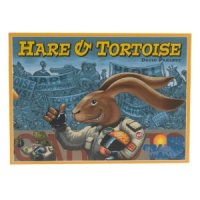This page celebrates the all-time Best Board Games. These are celebrated winners of the Spiel Des Jahres, a German award for the best game of the year. Click for more information about Spiel Des Jahres.
Spiel Des Jahres: Board Game of the Year
Spiel des Jahres is the German Board Game of the Year Awards. For the last 30 years, while most of the world fell further and further in love with electronic games on their computer or in the arcade, Germany has quietly celebrated the best board games of the year with The Spiel des Jahres.
The Speil des Jahres translates literally as the “Game of the Year”. The idea is to reward game designers for embracing and advancing the culture of board games. They wanted to encourage creative minds to invest their time in enhancing board games, rather than spending their time hunched over computer monitors writing line after line of code.
Board games have been in existence for thousands of years. In ancient Egypt and ancient China, board games were a way to pass the time. They enthralled young and old with exciting challenges and safe competitions. In medieval England you could challenge your rival to a joust or a duel, or a game of chess. (Only one of those three choices usually ended safely.) Read more about board games history here.
Board games are also more family friendly than computer games. An entire family can gather around the table and play a board game, but most computer games are a solitary endeavor. Players compete against themselves or perhaps the computer itself. They might play a multi-player game online, but still act only as an individual.
With a board game there is intense social interaction taking place at all times. Players must communicate with one another, verbally and with body language. They must learn to read and analyze facial features in an effort to identify the intentions of their fellow competitors. It is the purest form of social interaction there is. No computer required.
The Spiel des Jahres has resulted in more quality games developed in Germany than at any other time. Just being nominated for the best board games award can result in a huge sales increase. For the winner average sales of 10,000 copies normally sky rocket to sales of between 300,000 to 500,000 copies.
The types of games reviewed ran the gamut of role-playing games, war games, family games, collectible card games and hobbyist games. Since 1989, children’s games have had their own category, resulting in more intricate and highly imaginative children’s game designs.
All games are judged on very specific criteria including game concept, rule structure, layout and design. How well the game plays, how original the idea is and how the game looks are all part of the judging. They also consider how well thought out and readable the rules are, whether or not the game was built well and what sort of value the game has beyond it playability.
Some of the recent winners include Qwirkle, 2011; Dixit, 2010; Dominion, 2009; Keltis (Lost Cities), 2008; Zooloretto, 2007; Thurn and Taxis, 2006; and Niagara, 2005.
References
WikiPedia
History of Board Games
